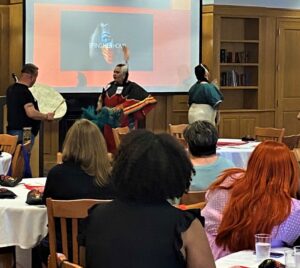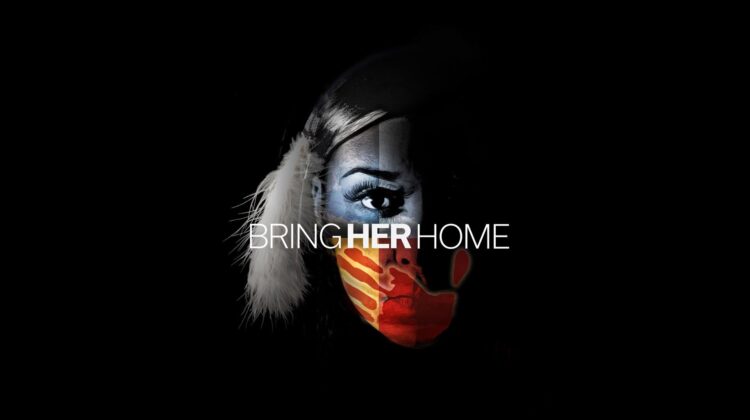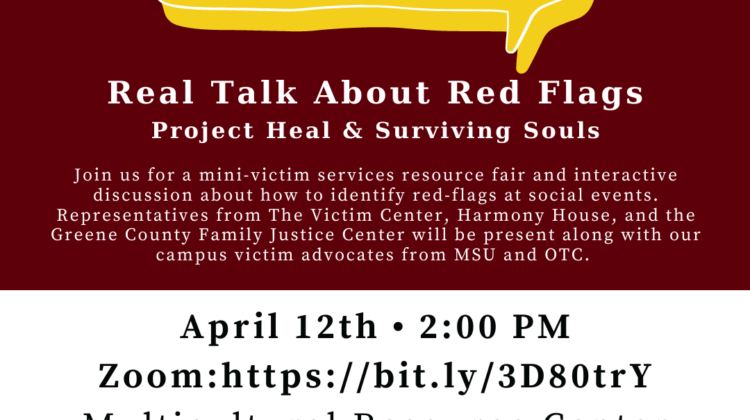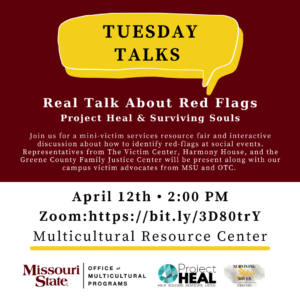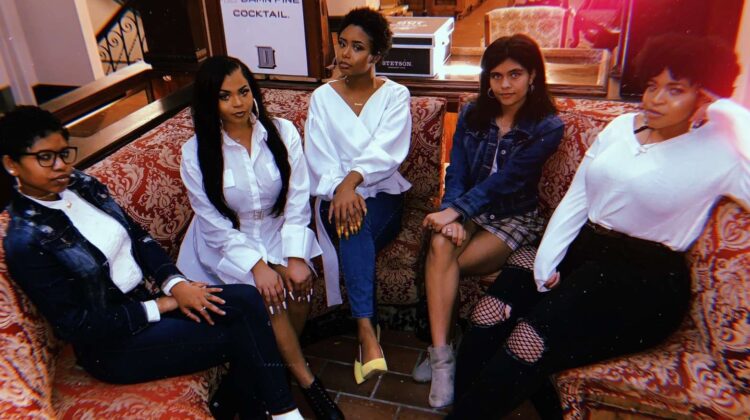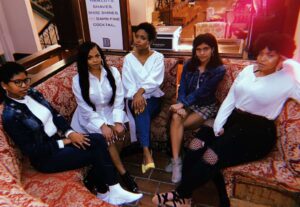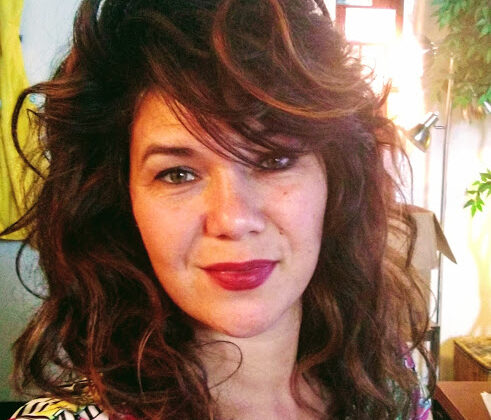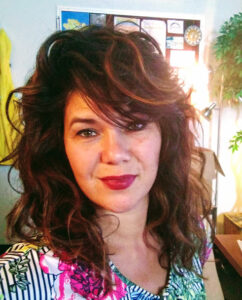The ongoing crisis of Missing, Murdered, and Indigenous Persons has been devastating Native and First Nations communities for far too long. The issue has reached epidemic proportions as it continues to be overlooked by persons outside of Indigenous communities and underfunded by government agencies.
In honor of Missing and Murdered Indigenous Persons Awareness Day, May 5th, Project HEAL recently partnered with Missouri State University’s Department of Anthropology, the Department of Criminology and Criminal Justice, the Southwest Missouri Indian Center, Ozarks Public Television/KSMU, and Multicultural Programs to host an event on Missouri State campus. On Thursday, May 12th, Project HEAL screened the documentary film, “Bring Her Home” by filmmaker, Leyla Hale, hosted a keynote speaker and panel discussion, viewed a special presentation by an MSU alum, and wrapped up the evening with a shared meal.
The purpose of the event was to not only bring awareness to the ongoing crisis of missing and murdered Indigenous persons in this country and its impact on Indigenous communities, but to also provide opportunities for our community to act.
The evening began with an opening dance and drum ceremony by Beyond the Circle Dancers and an opening prayer by Beyond the Circle member, Corey Chavez. Following the ceremony, the audience viewed the documentary film, “Bring Her Home”. Due the nature of some of the content in the film, Project HEAL Victim Advocate (OTC’s Victim Services Coordinator), Rachel Herron, stood by to provide support.
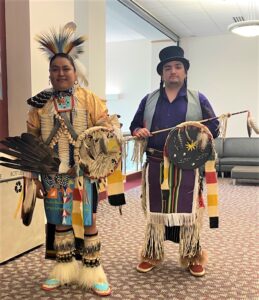
Ms. Lisa Arnold, Supervisor/Educator for the Family Violence Prevention Program of Wyandotte Nation located in Wyandotte, Oklahoma, delivered a keynote address following the film. Ms. Arnold is currently the Co-Chair for the Northeast Oklahoma “RISE” Chapter of the Native Alliance Against Violence , volunteers as part of the Sexual Assault Response Team (SART) for Ottawa, Craig and Delaware Counties, and serves on the Multi-Disciplinary Task Force on both Ottawa and Delaware Counties. Ms. Arnold delivered an educational, informative, and impassioned address to the audience.
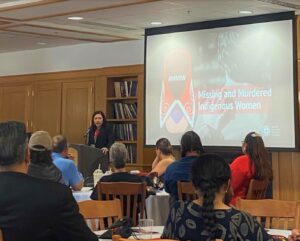
Providing a brief overview on the MMIWP crisis, Ms. Arnold discussed the scope of the epidemic and shared statistics and quantitative data. Weaving personal narratives into her presentation, Ms. Arnold talked about how domestic violence, sexual violence, and human trafficking intersect with MMIP. Throughout her presentation, it was clear that Ms. Arnold possesses not only a wealth of experience in the field, she is also deeply committed to finding solutions to end the MMIP epidemic. Stressing the importance of awareness and education, Ms. Arnold inspired the audience with her knowledge and warm but strong delivery.
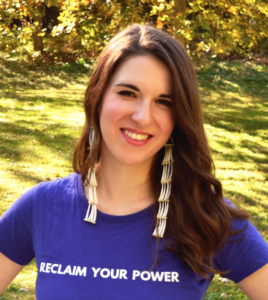
Following the keynote presentation, the audience viewed a narrated slide-show presentation created by anti-violence activist/consultant and survivor leader, Kirby Williams. Ms. Williams, an MSU alum, is a speaker with the National Indigenous Women’s Resource Center and serves on the board of the Nebraska Commission on Indian Affairs. Ms. Williams’ presentation focused on allyship and resources.
A brief panel discussion followed the presentation. The panel was comprised of individuals from our local community and included Paula Rector, MS, Senior Instructor, Department of Criminology and Criminal Justice, Missouri State; Hannah Scarborough, student, Department of Anthropology, Missouri State; David Miller (Otoe-Missouria and Cherokee), American Indian Center of Springfield; and Dawn Day, RN, BSN, SANE-A, Ex-Officio Stand Against Trafficking , Sexual Assault Program Coordinator/Trauma Specialist-Mercy Hospital.
A shared meal concluded the evening and gave attendees, panelists, and speakers a chance to connect and network. Project HEAL was honored to facilitate this evening of education, awareness, and community building. For a list of local and national trauma-informed victim service resources, please visit Project HEAL. For free and confidential assistance and resources specific to Native American and Indigenous communities, please visit StrongHearts Native Helpline.
